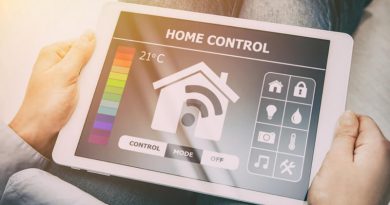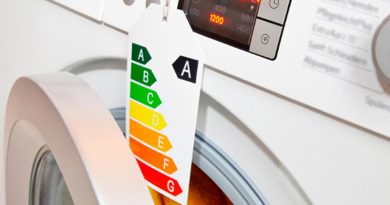What should we know about the energy consumption and energy efficiency of household appliances?
Energy consumption and efficiency are important considerations when it comes to household appliances. As consumers, it is essential to be informed about the energy usage of the appliances we use in our daily lives. In this article, we will delve into the topic of energy consumption and efficiency of household appliances, providing you with valuable insights on what you need to know.
The Impact of Energy Consumption
Energy consumption refers to the amount of energy that an appliance utilizes during its operation. Household appliances, such as refrigerators, washing machines, and air conditioners, consume varying amounts of energy depending on their features, usage patterns, and energy efficiency ratings. Understanding the impact of energy consumption is crucial for both environmental and financial reasons.
High energy consumption not only puts a strain on the environment but also results in higher electricity bills for consumers. Appliances that consume excessive energy contribute to increased greenhouse gas emissions, which are one of the leading causes of climate change. By opting for energy-efficient appliances, we can reduce our carbon footprint and help mitigate the effects of climate change.
Introducing Energy Efficiency
Energy efficiency, on the other hand, refers to the ability of an appliance to perform its intended function while minimizing energy consumption. Energy-efficient appliances are designed to use less energy without compromising on performance. They achieve this through innovative technologies, improved insulation, and optimized operating modes.
The energy efficiency of household appliances is typically indicated by an Energy Star rating, a certification program that identifies products meeting strict energy efficiency standards. Energy Star-rated appliances are designed to consume less energy compared to standard models, resulting in cost savings and reduced environmental impact.
Choosing Energy-Efficient Appliances
When selecting household appliances, it is advisable to consider their energy efficiency to make informed decisions. Here are a few key points to keep in mind:
- Look for the Energy Star label: Appliances with the Energy Star label are recognized for their energy efficiency. They are designed to consume less energy without sacrificing performance.
- Check the energy consumption information: Appliance manufacturers provide energy consumption information, often in the form of an Energy Guide label. This label provides an estimate of the appliance’s annual energy consumption and allows you to compare energy usage among different models.
- Consider the size and capacity: Larger appliances generally consume more energy. Assess your needs and choose an appliance with an appropriate size and capacity to avoid unnecessary energy usage.
- Utilize energy-saving features: Many appliances offer energy-saving features such as eco-mode, timed settings, or temperature controls. Take advantage of these features to further reduce energy consumption.
- Seek professional advice: If you are unsure about the energy efficiency of a particular appliance or need guidance in choosing energy-efficient options, consult with an energy specialist or professional.
Conclusion
Understanding the energy consumption and efficiency of household appliances empowers consumers to make informed choices that align with their environmental and financial goals. By opting for energy-efficient appliances and practicing energy-saving habits, we can reduce our energy consumption, lower our carbon footprint, and contribute to a more sustainable future. Remember, every small step towards energy efficiency counts in making a significant positive impact.




